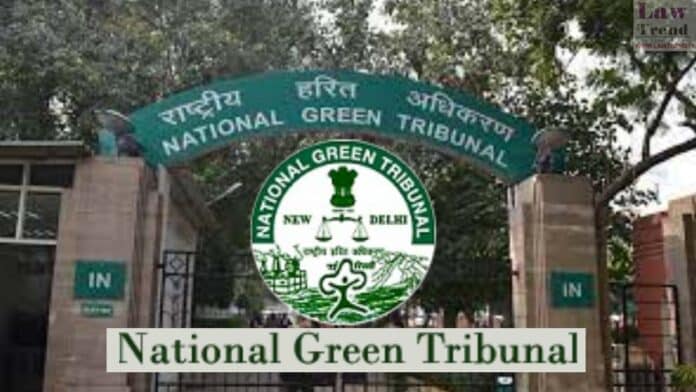The National Green Tribunal (NGT) has raised significant concerns about the worsening water quality of the Ganga in Uttar Pradesh, highlighting the unchecked discharge of sewage as the primary cause. The NGT’s observations came as part of its ongoing efforts to monitor and rectify pollution levels in the iconic river.
A bench led by NGT Chairperson Justice Prakash Shrivastava reviewed compliance reports from various states, focusing on Uttar Pradesh due to its critical role in the health of the Ganga. The tribunal noted a concerning shortfall in sewage treatment capabilities, particularly in Prayagraj district, where a daily gap of 128 million liters per day (MLD) was identified.
The report, dated November 6, pointed out that 25 drains in Prayagraj alone funnel untreated sewage directly into the Ganga, with an additional 15 drains affecting the Yamuna. Across the state, 247 of the 326 drains mentioned in the Central Pollution Control Board’s (CPCB) October 22 report are untapped, collectively discharging over 3,513.16 MLD of wastewater into the Ganga and its tributaries.

Expressing dissatisfaction with the state’s efforts, the NGT has directed Uttar Pradesh’s chief secretary to provide a detailed affidavit. This document must outline the status of each drain, the associated sewage treatment plants (STPs), and a timeline for their operational readiness. It must also specify interim measures to mitigate untreated sewage discharge until the STPs are fully functional and household connections are comprehensively established.
Further exacerbating concerns, the NGT reviewed a CPCB report on the operational status of 41 STPs across 16 towns along the Ganga. Shockingly, only one of the 35 operational STPs meets environmental standards, with six completely non-functional. Water quality tests at 41 locations revealed alarming levels of faecal coliform bacteria, exceeding safe limits at most testing sites, which indicates severe contamination by human and animal waste.
The tribunal’s directive calls for immediate action to rectify these deficiencies and mandates the chief secretary to outline specific steps taken to make the STPs fully compliant with environmental norms. The NGT has scheduled further proceedings for January 20, expecting substantial progress by then.







